Miami Product Liability Lawyers Protecting Consumers from Dangerous and Defective Products
Almost everyone has dealt with a faulty product at some point, whether it’s food that made you sick or a tool that broke the first time you used it. In minor cases, you may have been frustrated but moved on. But when a defective product causes serious injury, the situation becomes far more urgent and legally actionable.
If you’ve suffered injuries due to a dangerous or defective product, you may have the right to pursue compensation through a product liability claim. These cases hold manufacturers, distributors, and retailers accountable for the harm their products cause.
At Galimidi Law, our Miami product liability attorney is here to evaluate your case, explain your legal options, and fight for the justice you deserve.
If you or a loved one has been injured by a defective product, don’t wait; schedule your free consultation with Galimidi Law today.

How Product Liability Claims Work in Miami
Product liability is a key area of personal injury law that gives consumers the right to hold manufacturers, distributors, or retailers legally responsible when defective products cause harm. These laws are designed to promote accountability in the marketplace and encourage safer products for everyone.
Under Florida law, a product is generally defined as a tangible personal item, something you can physically use or hold. Intangible assets, like ideas or services, are not typically covered under product liability statutes.
A product liability claim may be appropriate when a consumer is injured while using a defective product as intended. There are three main legal theories under which product liability cases can be pursued:
Strict Liability
Most product liability claims fall under strict liability. This means a consumer can hold the manufacturer accountable without having to prove negligence. If the product had a defect and that defect directly caused the injury, the manufacturer may be liable, even if they took reasonable precautions during production.
Breach of Warranty
Every product sold includes both express and implied warranties:
- Express warranties are direct claims a manufacturer makes about how the product will perform or how safe it is.
- Implied warranties are the legal expectation that if a product is used properly, it should not cause harm.
If you’re injured while using a product as intended, and the injury results from the product not meeting these expectations, you may have a case under breach of warranty.
Negligence
Manufacturers are expected to exercise reasonable care during the design, production, and distribution of their products. If an unsafe product reaches the market because of poor oversight, flawed testing, or careless decisions, the manufacturer could be held liable under a theory of negligence. This includes failing to identify risks, overlooking safety standards, or ignoring known dangers.
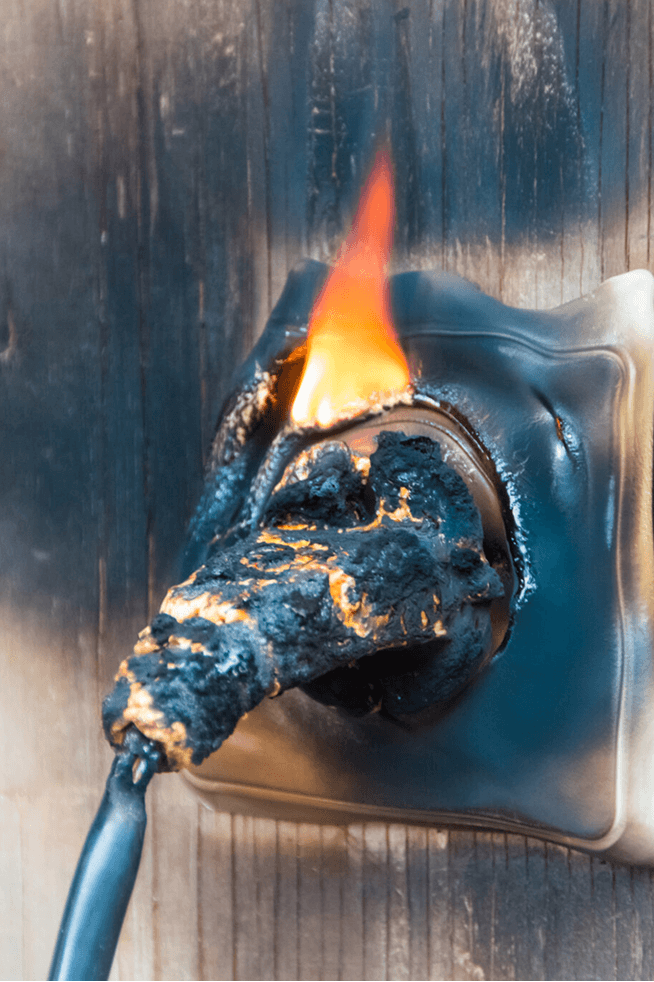
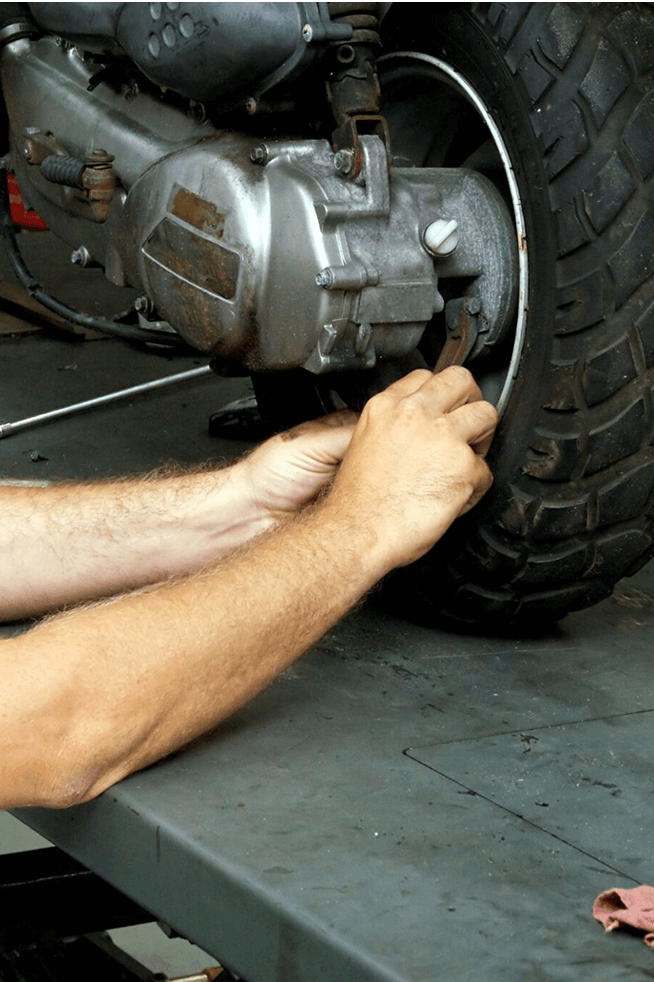
Florida’s Statute of Limitations for Product Liability Claims
If you’ve been injured by a defective product, you don’t have unlimited time to take legal action. Like other personal injury claims, product liability cases in Florida are bound by strict statute of limitations laws. These laws set deadlines for when you can file a lawsuit, and missing them could mean losing your right to seek compensation altogether.
Under Florida law, you have two years from the date of injury to file a product liability claim. If a loved one passed away due to a defective product, the time limit for filing a wrongful death lawsuit is also two years from the date of death.
Don’t Wait to Get Legal Help
Although two years may seem like enough time, product liability cases can be complex. Building a strong claim often involves gathering evidence, consulting with experts, and proving that the defect directly caused your injuries. Waiting too long can make it harder to access key documentation and witness testimony.
We recommend contacting a Miami product liability lawyer as soon as possible after the injury. Even if you're unsure whether you're within the time limit, you should still reach out, there are exceptions that may extend the deadline under certain circumstances.
Types of Product Defects That Can Lead to a Liability Claim in Miami
Most manufacturers strive to release safe and reliable products. However, despite intentions, or in some cases, negligence, dangerous and defective products still end up in the hands of consumers. Defects may arise from honest mistakes during production, poor oversight, or even deliberate cost-cutting that sacrifices safety for profit.
In some cases, manufacturers are fully aware of the defects but still choose to release the product without warning consumers. That’s why product liability laws exist, to hold companies accountable and prevent further harm. These legal claims not only help injured individuals recover compensation but also protect the public by forcing manufacturers to uphold safety standards.
While product flaws can vary widely, most product liability claims fall into three major categories:
Design Defect
A design defect is an issue with the product’s original blueprint or specifications that makes it inherently unsafe, even when manufactured correctly and used as intended. If the design is flawed, every unit of the product may pose a risk.
Example: A ladder that tips over easily due to its shape or a toy with small, detachable parts that present a choking hazard.
Failure to Warn (Marketing Defect)
Manufacturers have a legal duty to provide clear warnings if a product carries risks that aren’t immediately obvious. If a company fails to properly warn users about known dangers, or the warning is unclear, hidden, or poorly placed, they may be held liable for resulting injuries.
Example: Medication without proper dosage warnings or a power tool sold without instructions on safe operation.
Manufacturing Defect
A manufacturing defect occurs when a product’s design is safe, but something goes wrong during production. This could involve contaminated materials, faulty parts, or assembly errors that result in a product that doesn’t match its intended design.
Example: A car with a missing bolt in the steering column or a kitchen appliance that catches fire due to faulty wiring.
Understanding which type of defect caused your injury is essential to building a strong case. At Galimidi Law, our Miami product liability attorney can help investigate the root cause and determine who should be held responsible.
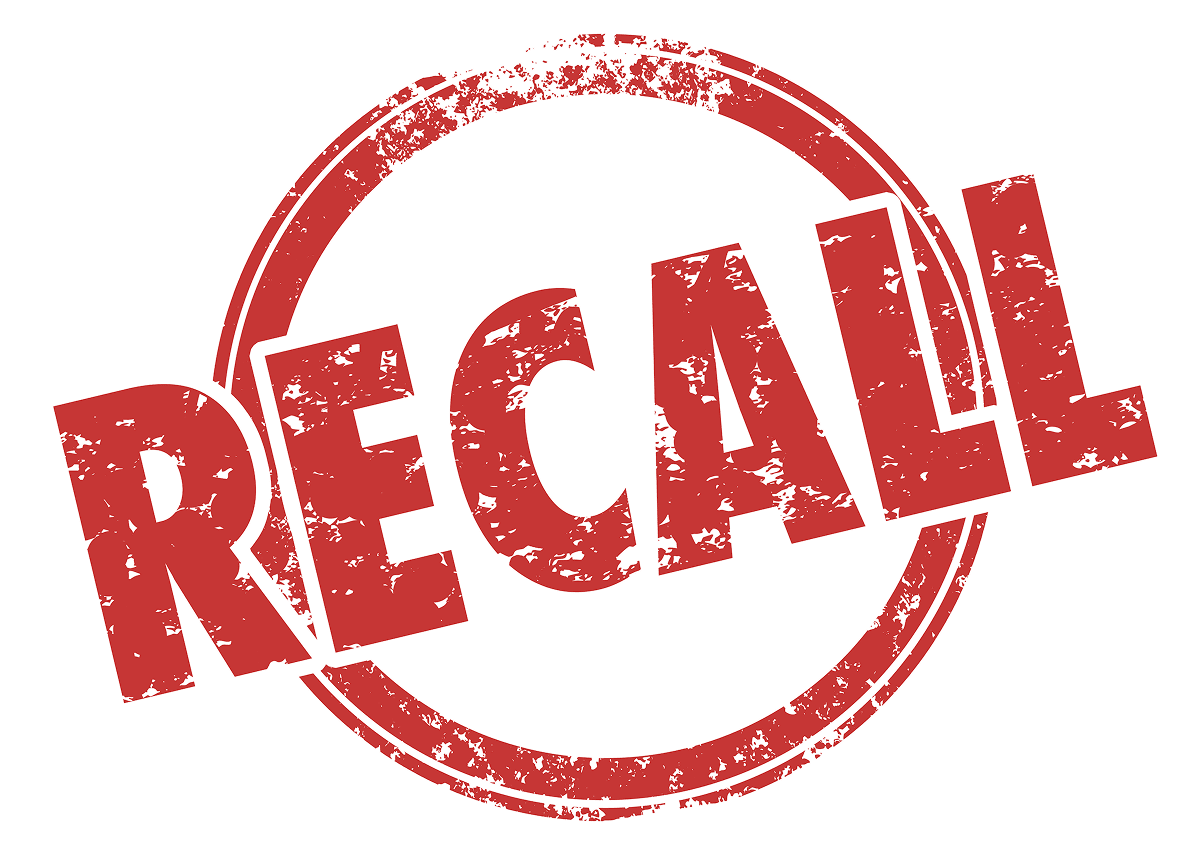
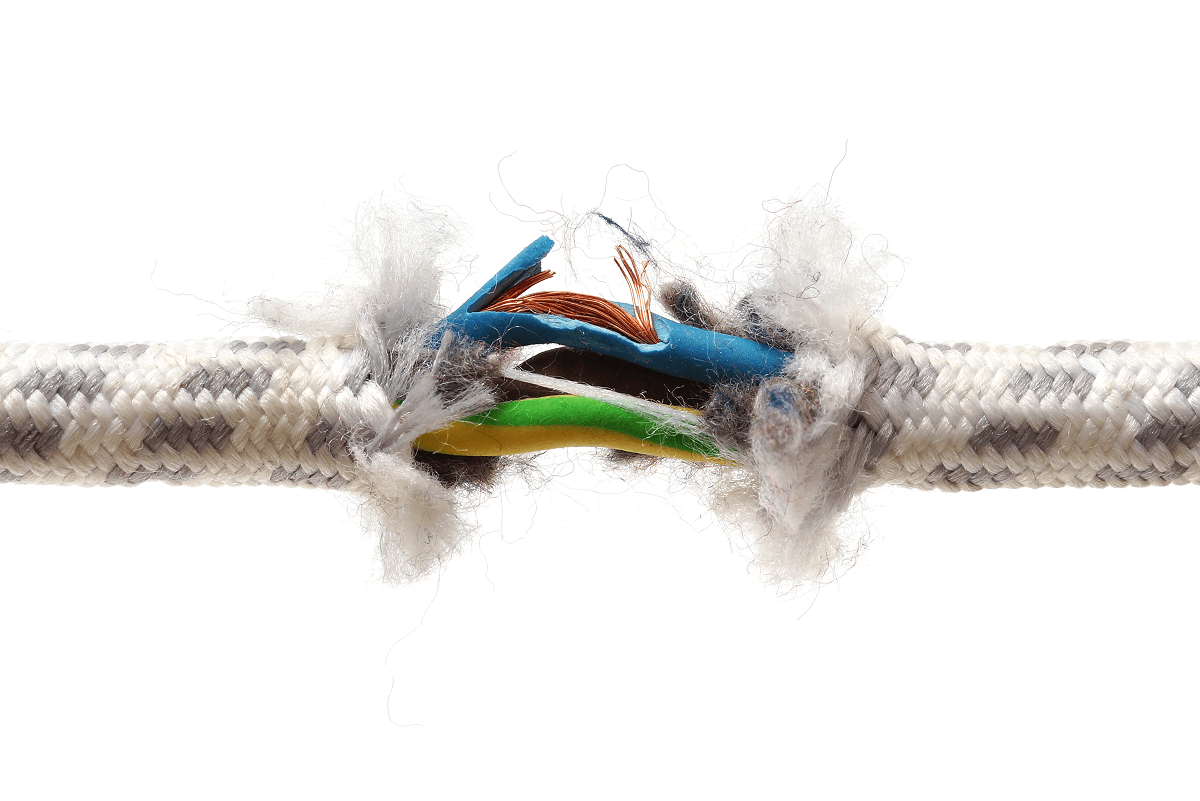
Who Can Be Held Responsible in a Miami Product Liability Case?
Historically, product liability claims could only be filed by the person who actually purchased the defective product. Fortunately, Florida law and most jurisdictions have evolved. Now, any individual injured by a defective or dangerous product may have the right to file a claim, even if they didn’t buy the item themselves.
This means that bystanders, family members, and others harmed by a defective product can seek compensation, so long as the product was sold at some point in the supply chain.
Potentially Liable Parties in a Product Liability Lawsuit
Depending on how the injury occurred and where the defect originated, multiple parties in the product’s chain of distribution may share responsibility. These can include:
- Product Manufacturer
- Designers or Engineers
- Manufacturers of Individual Components
- Product Assemblers
- Installation Contractors
- Wholesalers and Distributors
- Retail Stores or Sellers
Each of these entities plays a role in ensuring the safety of a product before it reaches the consumer. If a failure at any stage leads to a dangerous defect, they may be held legally accountable.
In most cases, liability applies only to businesses involved in the formal supply chain. Private sellers, such as someone reselling a used item at a garage sale, are typically not subject to product liability laws.
At Galimidi Law, our Miami product liability attorney investigates every link in the chain to determine who is responsible and how best to pursue compensation on your behalf.
What Damages Can You Recover in a Miami Product Liability Case?
The injuries caused by defective products can range from minor to life-altering, and so can the financial and emotional fallout. A defective children’s toy may cause cuts and bruises, while a faulty medical device or vehicle part could lead to catastrophic injury or even death.
At Galimidi Law, our goal is to help you recover the full compensation you deserve. We investigate your case thoroughly to identify every category of loss. As an experienced product liability attorney in Miami, FL, we ensure nothing is overlooked when calculating the value of your claim.
There are three primary types of damages that may be available in a product liability lawsuit:
Economic Damages
These are your measurable, out-of-pocket financial losses caused by the injury, and they may include:
- Medical expenses, including emergency care, surgeries, medications, and follow-up visits
- Costs for physical or occupational therapy
- Durable medical equipment and mobility aids
- Long-term care services, such as in-home health aides
- Home or vehicle modifications to accommodate disability
- Lost income due to time away from work
- Loss of future earning potential
- Loss of employment-related benefits (e.g., health insurance, retirement contributions)
- Property damage related to the defective product
Non-Economic Damages
These cover the emotional, mental, and physical pain you’ve suffered, losses that don’t come with a receipt, but are very real:
- Pain and suffering
- Emotional distress
- Disfigurement or permanent scarring
- Loss of quality of life or life expectancy
- Loss of enjoyment of life (e.g., inability to participate in hobbies or family activities)
- Loss of companionship or consortium for spouses or close family members
Our firm takes the time to understand the impact of your injuries, not just financially, but personally, so that we can pursue a settlement that reflects your full experience.
Punitive Damages
In rare but serious cases, if the manufacturer or another party acted with extreme recklessness or willful disregard for consumer safety, the court may award punitive damages. These are not meant to compensate the victim, but rather to punish the wrongdoer and deter similar conduct in the future.
If you’ve been injured by a defective product, it’s critical to work with a Miami product liability lawyer who understands how to build a strong case for every type of damage you're entitled to recover.

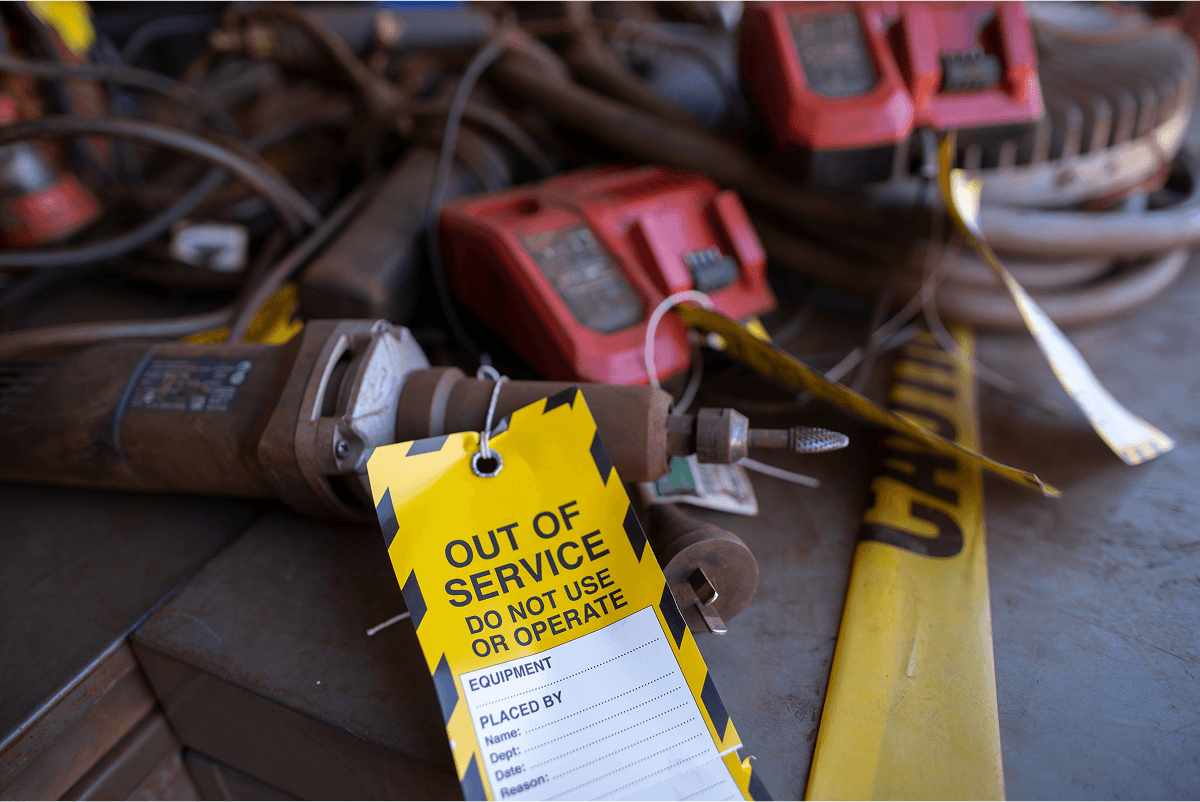
How Can a Miami Product Liability Lawyer Help If You’ve Been Injured by a Defective Product?
Product liability cases are often complex and fact-heavy. Major manufacturers and corporations typically have teams of attorneys on their side, working hard to deny fault, especially in high-stakes cases involving serious injuries or multiple victims. To succeed, you need more than just a claim, you need evidence, expert support, and a legal team that knows how to fight back.
To prove liability, two key facts must be established:
- You were using the product as intended at the time of injury.
- The defect in the product was the direct cause of your injury.
This isn’t always easy to show. It often requires an in-depth investigation of the product itself, how it was designed and manufactured, and exactly what happened at the time of the incident. That’s where Galimidi Law comes in.
Building a Strong Product Liability Case
At Galimidi Law, we take on the responsibility of building a strong, evidence-backed claim. We handle every part of the process, including:
- Collecting and preserving physical evidence
- Investigating the product’s design and manufacturing process
- Consulting with product engineers and safety experts
- Working with medical professionals to support your diagnosis and injury claim
- Communicating with insurance companies and opposing counsel
- Preparing your case for trial if necessary
We don’t cut corners because we know the stakes are personal. Whether your injuries are minor or life-changing, our Miami product liability attorney is here to make sure your voice is heard and your rights are protected.
Injured by a Defective Product? Call a Trusted Miami Product Liability Attorney Today
At Galimidi Law, we’re committed to holding negligent manufacturers accountable and helping injured consumers get the justice they deserve. If a defective product has harmed you or someone you love, don’t wait to explore your legal options.


